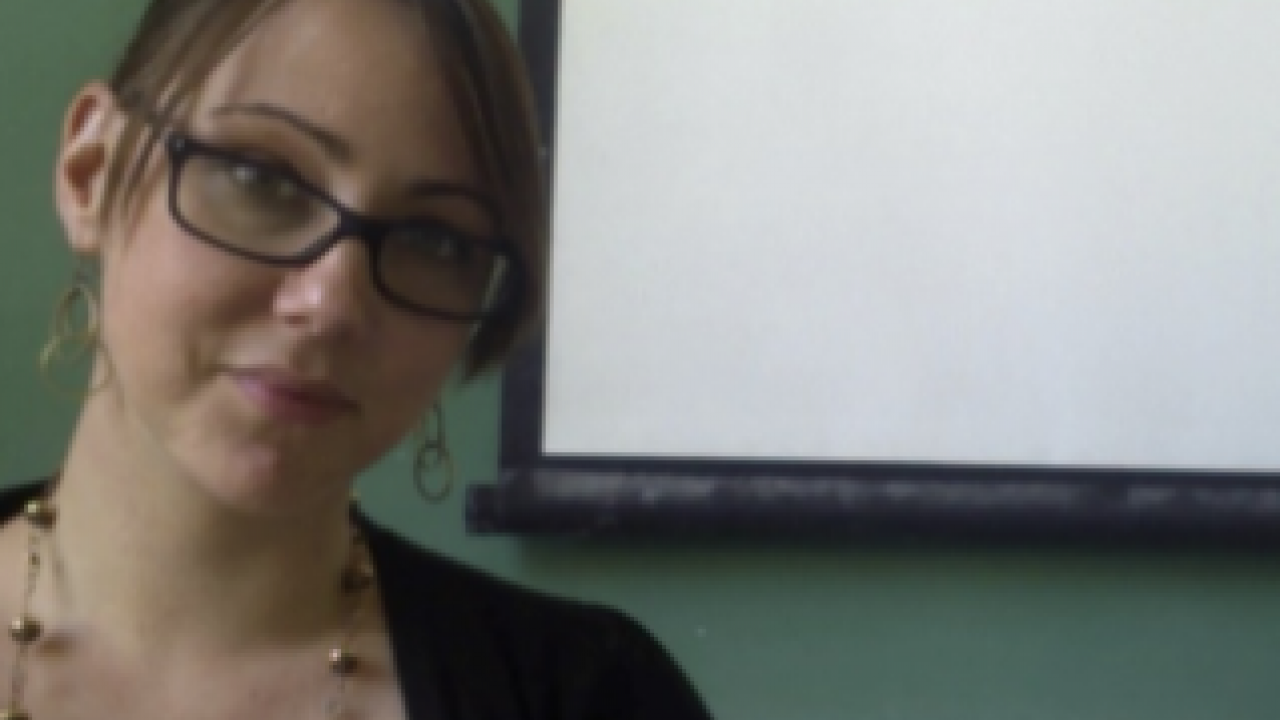
Event Date
Credibility determinations sit at the heart of eligibility for asylum, and therefore are the most crucial part of a claim that, for many, is the difference between life and death. Yet credibility does not lend itself to straightforward quantification or measurement, and even those measures on which we can and do rely – marks such as consistency and plausibility – are imperfect and highly subjective, shaped as much by discretion as by law and policy. As such, this paper asks how the evolution of cultural ideas about credibility shapes the form of asylum claims, and in light of this process, how asylum-seekers navigate competing demands to make credible claims of persecution and fear. Using a sample of 150 asylum claims from around the world, lodged over a 30-year period, it shows how asylum-seeking takes place in culturally “unsettled times,” which require claimants to adjust the ways they seek to demonstrate their credibility as they navigate the competing demands of organizational legibility, legal requirements, and cultural perceptions.
Abigail Stepnitz
PhD Student, Jurisprudence & Social Policy
Abigail Stepnitz is a PhD candidate in Jurisprudence & Social Policy at UC Berkeley where she studies the asylum system. Her current work explores how asylum stories have become institutionalized as both legal and narrative forms, and what that means for constructing and contesting credibility. She is also affiliate faculty in the University of San Francisco’s MA Migration Studies, teaching about global migration policies and politics.
